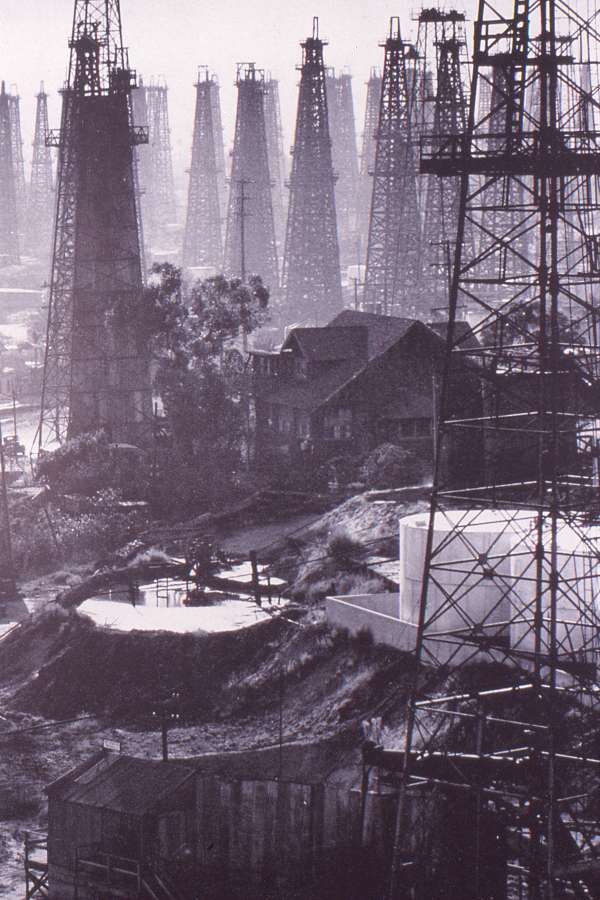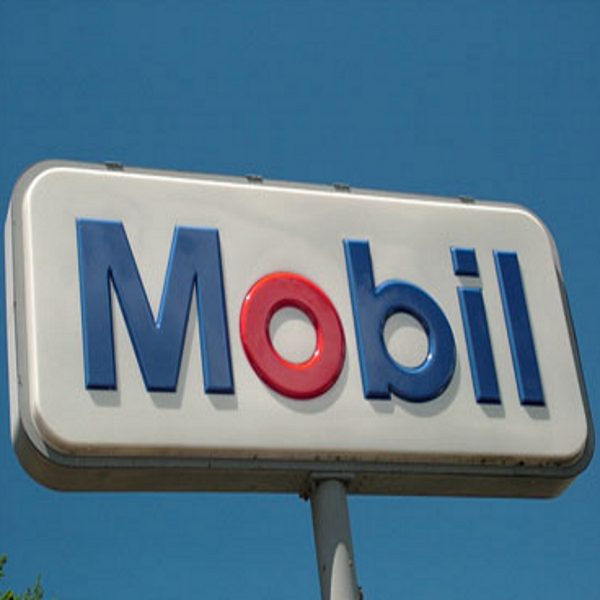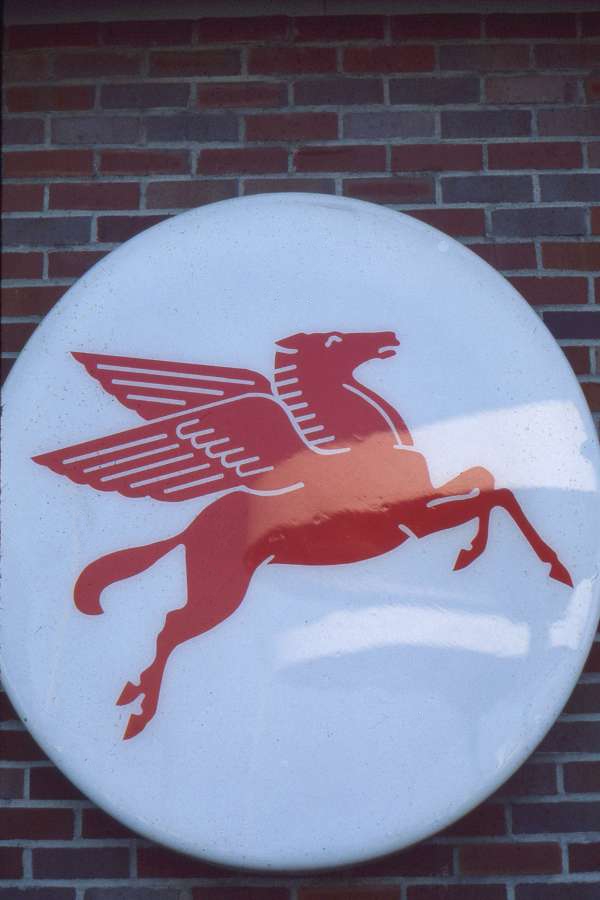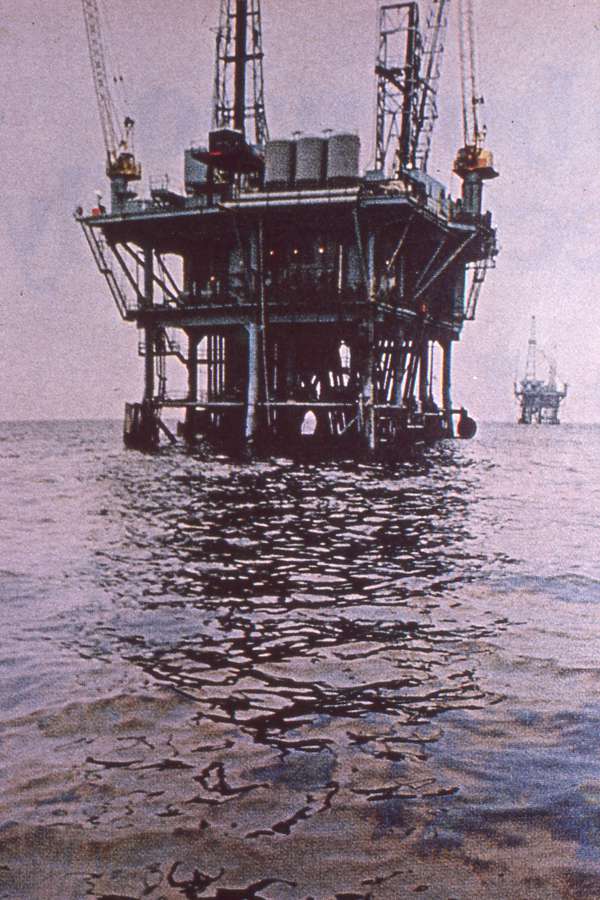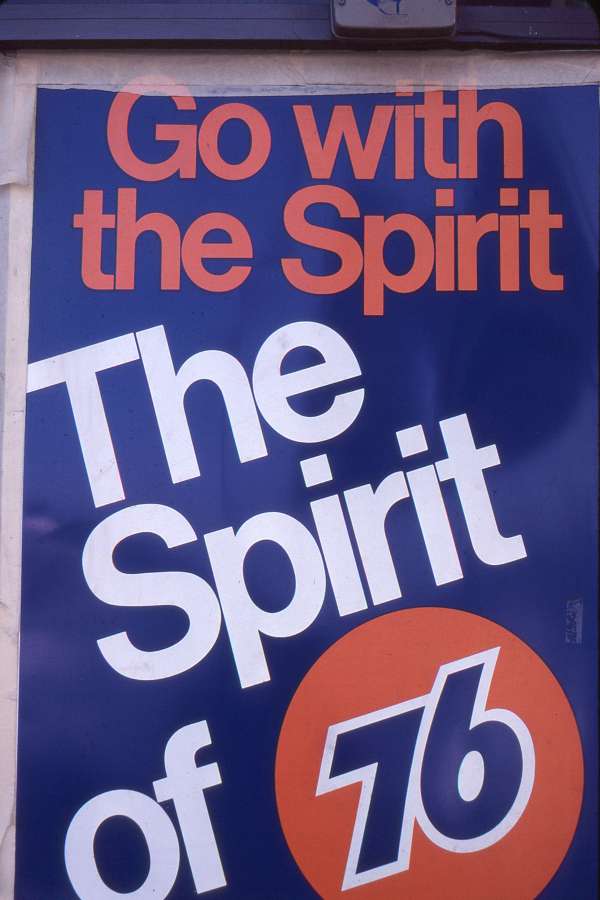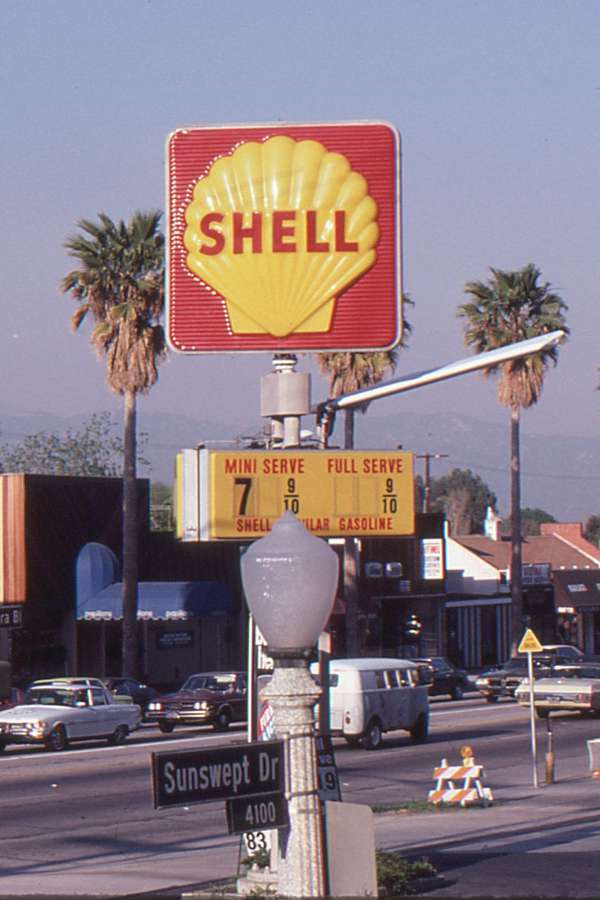|
|
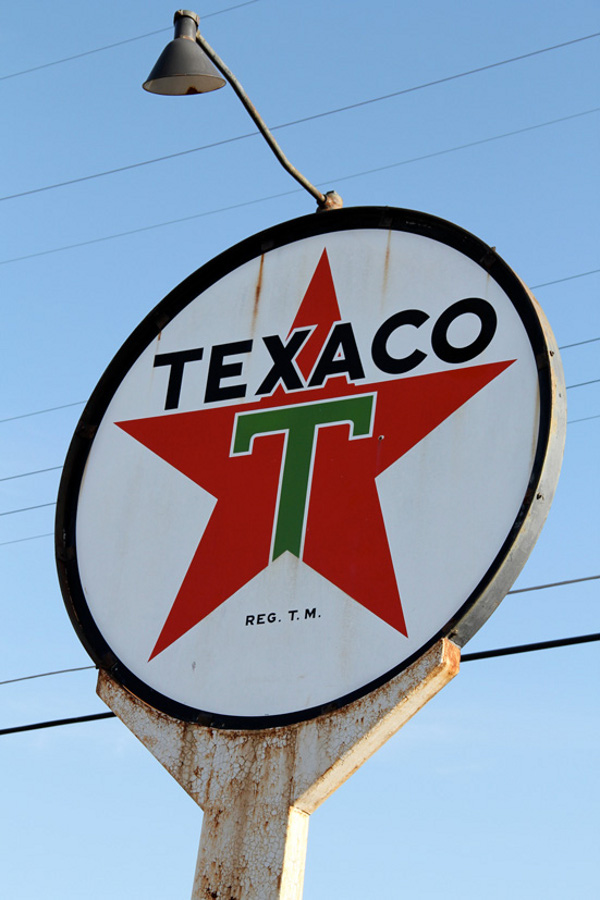
|
seven principles, resulted from a price war that had developed between Royal Dutch Shell and Standard of New York (Mobil). The agreement served as general principles and guidelines for operating procedures in the distribution of oil.
G. January 20, 1930 - On this date, the Memorandum for European Markets was issued. It stated "It is agreed between the parties that they shall maintain at least the total trade which they held during the basic period, and to this end prices and selling conditions shall be fully and frankly discussed between local representatives. In the event of disagreement between the parties, the matter shall be settled by a simple majority vote, each party having one vote for each complete one per cent of quota."
H. April 15, 1930- President Hoover, by executive order, shut down oil shale conversion experiments.
I. November 12, 1932 - The Texas State Legislature passed the "Market Demand Act". It was, in effect, a means of restricting production to control prices. State Senator Joe Hill said, "It is the rankest hypocrisy for a man to stand on this floor and say the purpose of pro-ration is anything other than price fixing. I sit here in utter amazement and see men get up and talk about market demand as an abstract proposition and contending that it has got no relation to price fixing."
J. December 15, 1932 - The Heads of Agreement for Distribution was adopted by Exxon, Mobil, Texaco, Gulf, Atlantic, British Petroleum, and Shell. Knowing their business well, they realized that oil must be consumed at the level of production. Aware that a small amount of uncontrolled supply could disrupt the market, the Heads of Agreement sought to avoid problems by keeping the market stable. When control over the control of oil was threatened by the invasion of an industrious independent, it became policy to simply purchase the company causing the problem.
K. February 22, 1935 - On this date the Federal Government passed a law which stopped interstate shipments of oil produced in excess of state law. The Connally Act, named for the Texas Senator, was devised so that interstate shipments could not be made and disrupt the system major oil companies had developed for distributing oil.
L. 1945 - Price estimates per barrel in Bahrein, Kuwait, Saudi Arabia, Iran, and Iraq range from a dime to 20 cents a barrel. There are
|
|


























































